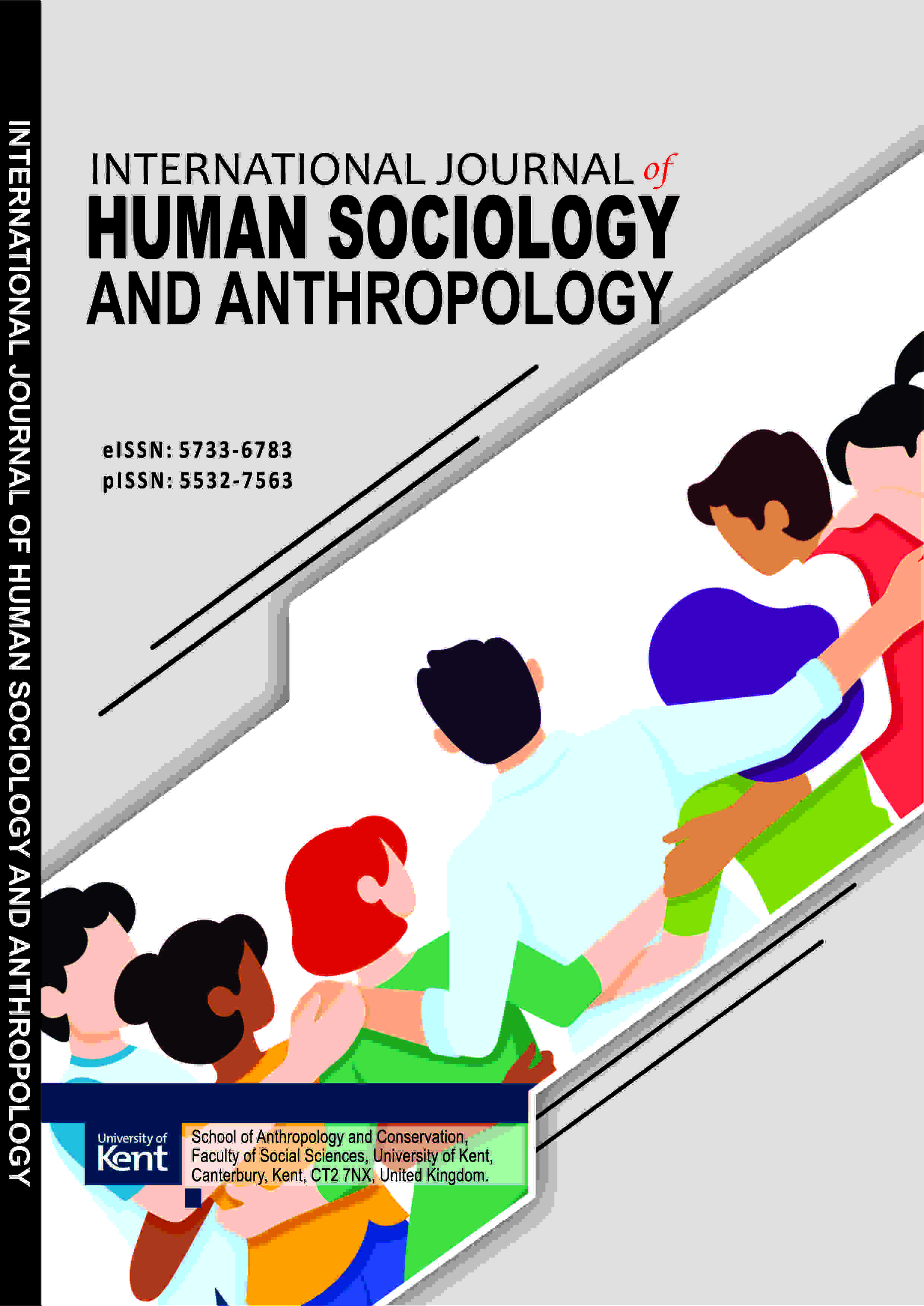INTERNATIONAL JOURNAL FOR HUMAN SOCIOLOGY AND ANTHROPOLOGY (IJHSA)
MAPPING OF EDUCATIONAL OUTCOMES: BASIS FOR AN ENHANCED CRIMINOLOGY EDUCATION PLAN
E-ISSN: 5733-6783
P-ISSN: 5532-7563
DOI: https://iigdpublishers.com/article/331
This study traced the graduates of the BS in Criminology program from a Criminology School in Davao City, covering the School Years 2013-2017. It utilized a descriptive survey method, with 154 graduates selected as respondents through random sampling. The research adopted the BS in Criminology Tracer Study Questionnaire developed by CHED and revised by Licudine et al. (2010) as its instrument. Data collection was conducted using two methods: faceto-face distribution and online distribution via Google Forms. For statistical analysis, frequency and percentage were used. The results indicated that the majority of participants were single males who graduated in 2017 and resided in the urban area of Davao del Sur. Most graduates had passed the Licensure Examination for
Criminologists, while a few were enrolled in a Master of Science in Criminal Justice (MSCJ) program. Additionally, many graduates completed training in the Public Safety Basic Recruit Course (PSBRC) for professional development. Regarding employment data, most graduates were currently employed by the Philippine National Police, citing salaries and benefits as key reasons for remaining in their positions. They were walk-in applicants and found employment within 1-6 months after graduation. Graduates believed that modern facilities, competent faculty, and student communication skills could enhance the school's competitive edge. As a result of this research, a Criminology Educational Plan was developed.
Juniel C. Oblianda
Albina, A. & Sumagaysay, L. (2020). Employability tracer study of Information Technology Education graduates from a state university in the Philippines. Retrieved from: https://www.sciencedirect.com/science/article/pii/S2590291120300449
Alemendares. (2021). Human Capital Theory: Implications for Educational Development. Retrievedfrom:https://www.open.uwi.edu/sites/default/files/bnccde/belize/conference/papers2010/almendarez.html
Aydinan, J. (2019). Employment Array of Bachelor of Science in Criminology Graduates in Nueva Ecija University of Science and Technology. Retrieved 2022, from https://journalrepository.
com/index.php/ijels/article/view/1354
Becker. (1994). Human Capital: A Theoretical and Empirical Analysis with Special Reference to Education, Third Edition. Retrieved 2022, from
https://www.nber.org/books-and-chapters/human-capital-theoretical-andempirical-analysis-special-reference-education-third-edition
Bernal, K. (2023). Unemployment as a Social Problem in the Philippines. Retrieved from: https://medium.com/@kimd.bernal.au/title-unemployment-as-asocial-problem-in-the philippines-8d82a098ad41
